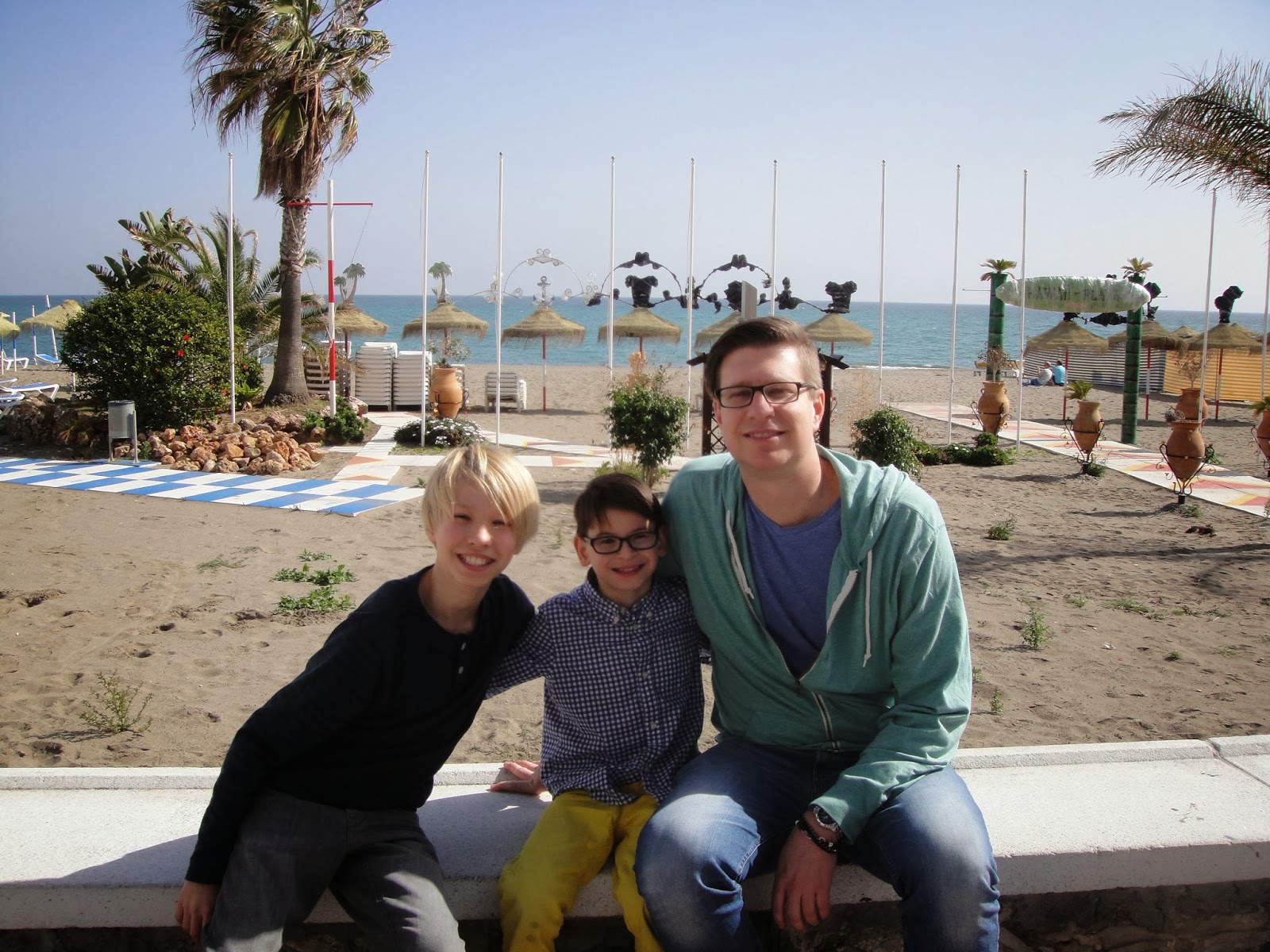Tag Archives: NWotD
Liebe Gruß and Language Formalities/NwotD
So Jeff’s question was this: Is there any formal or informal greeting or salutation in Norwegian?
There are things that are appropriate to say, but so far we haven’t learned anything that would be considered rude if we didn’t say.
Here are some helpful greetings and phrases.
For a greeting you might say
- Hei!
- Hei hei!
- Hallo!
Often after this, you will say
- Takk for sist! It means thanks for the last time – basically acknowledging our last meeting. It could possibly be compared to an English phrase like “good to see you again.”
If you are welcoming a guest into your home, you might say
- Velkommen til oss! Straight translation: welcome to us.
As you are departing, you can say
- Ha det bra! Taken word by word, it literally translates have it good. But this is the word we would use like good-bye.
- You can also say Ha det, a shortened form.
And many times in your departure, you may choose to say one or two of these
- Takk for oss! (Thanks for us)
- Takk for i dag! (Thanks for the day)
- Takk for i kveld! (Thanks for the evening)
- Hils familien! (Greet your family)
- Vi ses snart! (similar to See you soon!)
NWotD: ingenting
(adverb) Nothing.
Used in a sentence
Jeg har ingenting å gjøre.
(I have nothing to do.)
Related to popular culture
Here is part of a children’s song that uses inventing:
Vår Gud er så stor (Our God is so big)
Så sterk og så mektig (So strong and so mighty)
Finns ingenting Han ikke kan (There’s nothing He cannot do)
Related to us/to language learning:
Ingenting is one of the words that we include in the “False Friend” category.
NWotD: barn
(noun) Child.Used in a sentence
Vi har to flotte barn.
(We have two great children.)
Related words
Barnehage: kindergarten/nursery/preschool
Barndom: childhood
Barnebarn: grandchild
Barnemat: child’s play / piece of cake
Barneregle: nursery rhyme
NWotD: koselig
(adjective) Cozy, comfortable, pleasant, nice. But not just one of these English words can define it – koselig is really a combination of all of them together.
(Can also be used as a greeting)Used in a sentence
Det var en veldig koselig kveld med vennene våre.
Så koselig å møtte deg!
Related to us
This is one of our favorite Norwegian words. Translation is a bit difficult. You really can’t define it with one single English word.
NWotD: tannklinikk
(noun) Dental clinic.Used in a sentence
Han skal til tannklinikken i morgen.
(He is going to the dental clinic tomorrow.)
Related words
Tann: tooth
Tannbørste: toothbrush
Tannlege: dentist (literally, tooth doctor)
Related to popular culture
Karius og Baktus – a Norwegian children’s book written by Thorbjørn Egner in 1949. It tells the story of two little trolls who live in teeth, making holes for their homes and thriving on sweets. It was also made into a short puppet film and is very popular among children (of all ages!). You can see a portion of it in English HERE.
Related to us
William and Daniel had their first visit to the Norwegian tannklinikk this week. Children under 18 receive free dental care in Norway. The boys received x-rays and a thorough check of their teeth. Both had healthy teeth and good reports!
Norwegian Word of the Day / Dagens norske ord
- I have a new respect for immigrants and their struggles to complete simple, everyday tasks.
- I now totally get it: you CAN understand a lot of a language, while at the same time struggling to speak it.
- You can be highly educated, and yet feel incredibly dumb when you can’t even understand what a little child is saying to you.
- It is a huge blessing to live in a country where most people are fluent in English. It also makes language learning difficult.
- I find myself rehearsing phrases over and over when preparing to complete what was once a simple task (like making a deposit at the bank, or asking where something is located in a shop).
- Norwegians are incredibly kind and encouraging when they are enduring listening to our terrible grammar.
So in the spirit of language learning, I am starting another blog series. While I doubt I will be able to pull it off every single day, I thought it might be fun to share some Norwegian words from time to time. Sometimes it will simply be a word and its meaning. Other times I will share something that is related to a new experience or a regular part of life here.
So stayed tuned – be on the lookout for “NWotD” (Norwegian Word of the Day).




